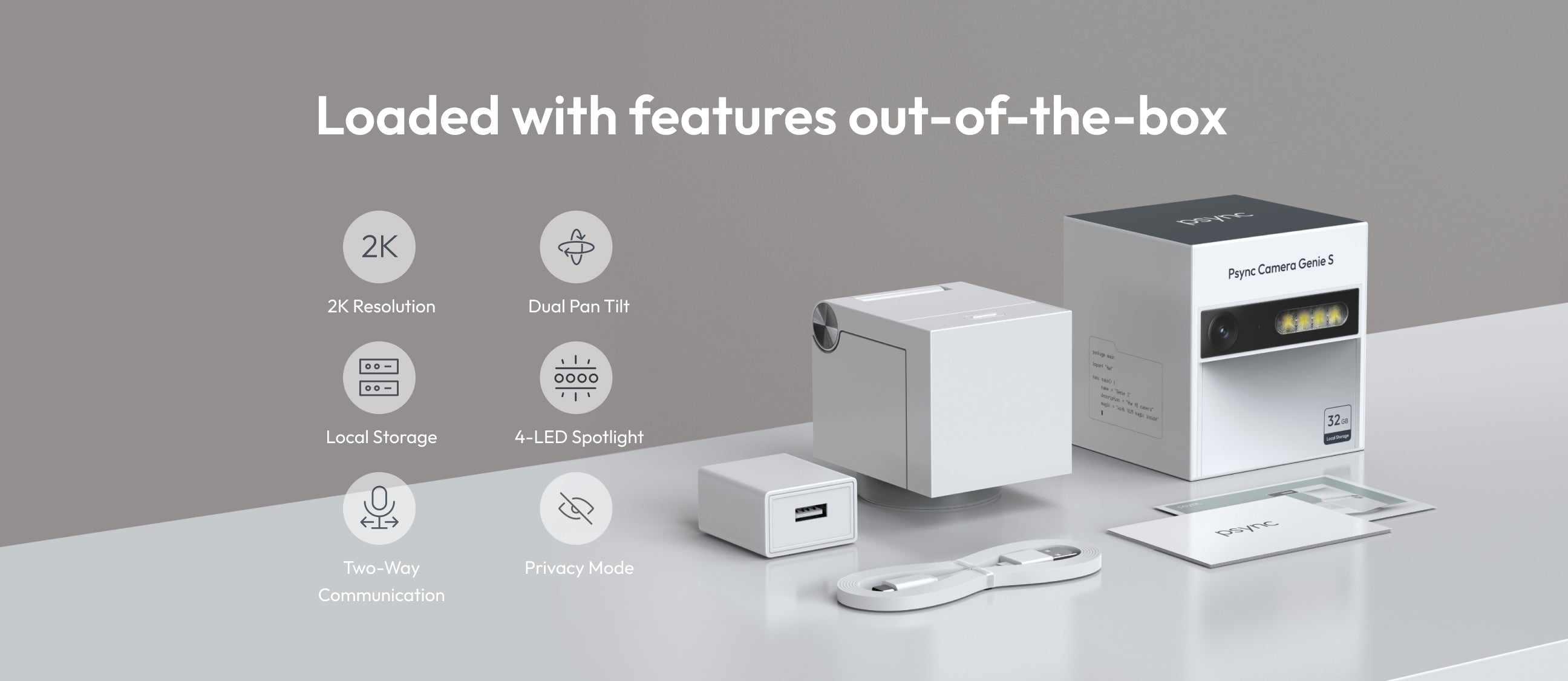As technology continues to advance, industries are constantly seeking innovative ways to improve workplace safety. One such solution that has gained traction in recent years is the use of AI cameras to enhance safety in industrial settings. These intelligent cameras are equipped with advanced features that not only monitor the work environment but also analyze data to identify potential hazards and prevent accidents. In this article, we will delve into the various ways in which AI cameras are revolutionizing workplace safety in industrial settings.

The Role of AI Cameras in Industrial Safety
Enhancing workplace safety with AI cameras involves the deployment of smart surveillance systems that are capable of detecting unsafe behaviors, identifying potential risks, and alerting personnel in real-time. These cameras are equipped with sophisticated algorithms that can recognize safety violations such as unauthorized access to restricted areas, lack of personal protective equipment (PPE), and unsafe work practices. By continuously monitoring the work environment, AI cameras can help prevent accidents and ensure compliance with safety regulations.
Real-time Hazard Detection and Response
One of the key advantages of AI cameras in industrial settings is their ability to detect hazards in real-time and initiate immediate responses. For example, if a worker is spotted entering a hazardous area without the necessary protective gear, the AI camera can instantly send an alert to the supervisor or trigger an alarm to warn the worker. This proactive approach to hazard detection and response can significantly reduce the risk of accidents and injuries in the workplace, ultimately enhancing overall safety.
Data-driven Safety Insights and Predictive Analytics
AI cameras not only capture visual data but also analyze it to provide valuable safety insights and predictive analytics. By leveraging machine learning and AI algorithms, these cameras can identify patterns of unsafe behavior, assess environmental risks, and predict potential safety issues before they occur. This data-driven approach enables organizations to proactively address safety concerns, implement targeted safety training, and continuously improve safety protocols based on real-time data analysis.
Enhancing Workplace Safety with AI Cameras: The Future of Industrial Safety
The integration of ai cameras in industrial settings represents a significant leap forward in enhancing workplace safety. As technology continues to evolve, we can expect AI cameras to become even more advanced, with capabilities such as facial recognition for access control, automated safety compliance monitoring, and integration with other safety systems. The future of industrial safety lies in the seamless integration of AI cameras with existing safety measures, creating a comprehensive safety ecosystem that prioritizes the well-being of workers and the efficiency of operations.








